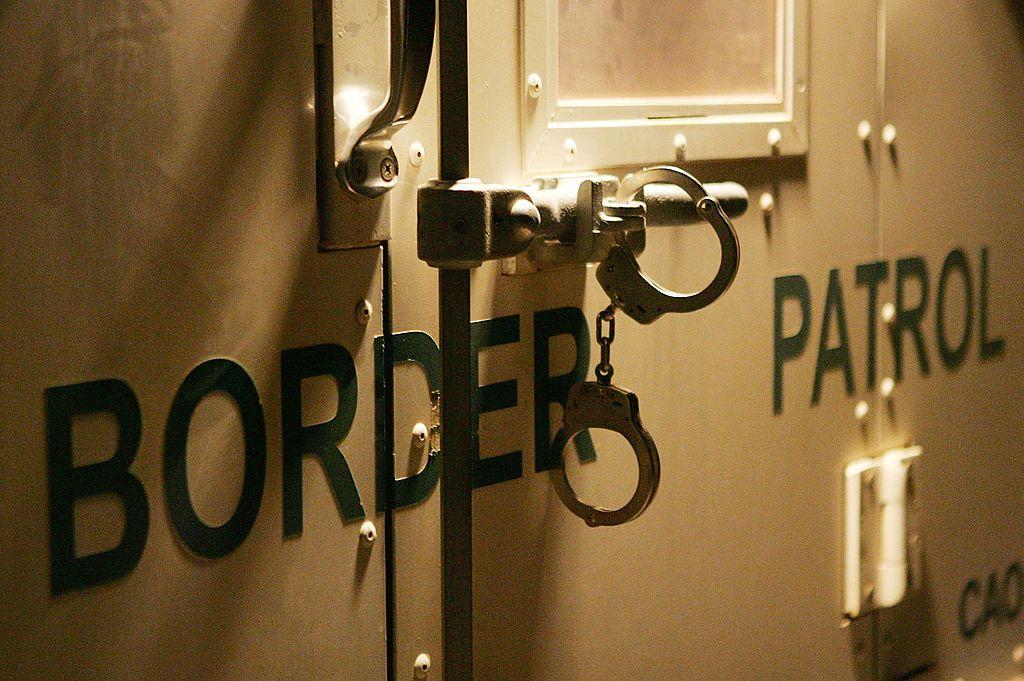Overcrowding in Latin America’s prisons has been part of the region’s background noise for decades.
The area has one of the highest incarceration rates in the world, with detention numbers averaging 163 percent of prison capacity as of 2020.

Overcrowding in Latin America’s prisons has been part of the region’s background noise for decades.
The area has one of the highest incarceration rates in the world, with detention numbers averaging 163 percent of prison capacity as of 2020.